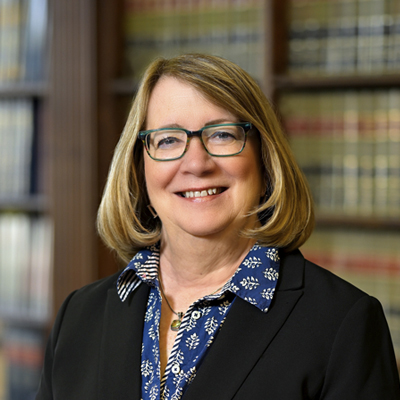Montgomery County and Bucks County ADR Lawyers
Alternative dispute resolution, part of our family law practice, gives couples a chance to achieve an amicable result through mediation or arbitration. Below are primers and frequently asked questions regarding both resolution options. In addition, the ADR lawyers at our Doylestown and Norristown family law firm can help you through the process.
What is Family Law Mediation?
The goal of family law mediation is to generate an amicable resolution to issues without legal action. For example, a solution might entail what custodial arrangement would work best for separated parents or how to best divide a divorcing couple's property.
As a neutral and unbiased third party, the mediator attempts to facilitate a productive conversation between principals involved in the dispute, allowing them to explore areas of compromise and conciliation. But if you're unsure that mediation is appropriate for your situation, talk with an ADR lawyer near you for counsel.
Can you force the other party into family law mediation?
Both parties must willingly engage in the process. First, as a neutral and unbiased third party, the mediator attempts to facilitate a productive conversation between the principals involved in the dispute, allowing them to explore areas of compromise and conciliation.
Next, the mediator encourages the parties to establish the ground rules for a meaningful conversation and then facilitates their discussion by carefully listening to their priorities.
Finally, the mediator summarizes points of agreement, isolates areas of disagreement, and explores possible solutions. Please read here why it's so important to have a divorce mediator.
What role does an ADR lawyer play in a family law mediation?
A party's ADR lawyer plays a vital role in the mediation model. So, after the parties agree on points of contention, each should review the results with their family law attorney. This action is essential as a party will benefit from an independent legal evaluation of any proposed settlement. Afterward, the parties' respective attorneys fashion a mutually acceptable binding agreement.
Is a mediation report legally binding?
A mediator's report is not binding on the parties. However, the mediator's report is inadmissible in court if an agreement falls apart.
What is Binding Arbitration?
An alternate to family disputes that assures finality is binding arbitration. First of all, both parties must agree on that person. Next, the arbitrator identifies the scope of issues. If you are looking for an ADR lawyer near you to assist in your arbitration, give us a call.
What are the benefits of family law arbitration?
The benefit of arbitration is a streamlined proceeding with advocacy available. Usually, both sides have an attorney, submit testimony, or an informal presentation of the relevant facts, evidence, and legal argument.
Can you appeal a binding arbitration?
Binding arbitration provides finality, but the parties forfeit any right of appeal. Strategically a party that seeks to avoid delay and the cost of appeals will enter into the Agreement to Arbitrate despite the risk of disappointment with the result.
Our ADR lawyers can help.
Finding a family law arbitrator or ADR lawyer to assist you is as simple as giving our law firm a call. For more information on family law mediation, contact any of the High Swartz group of family lawyers. In addition, we provide direct mediation or legal services to clients. So, when you're looking for a family law attorney near you in Bucks County, make sure you talk to us.


